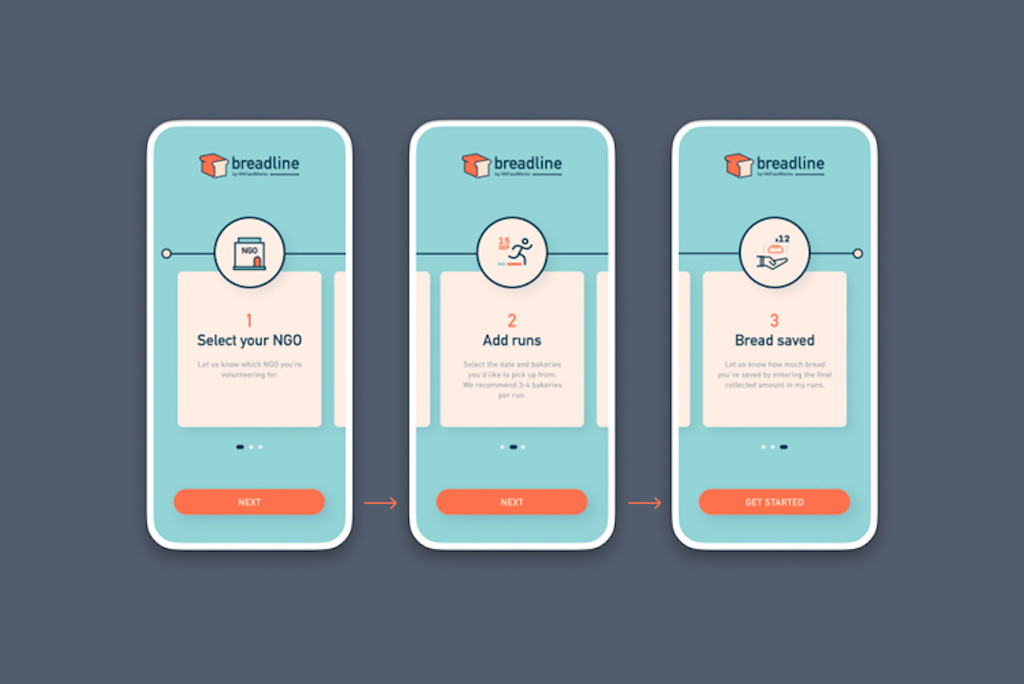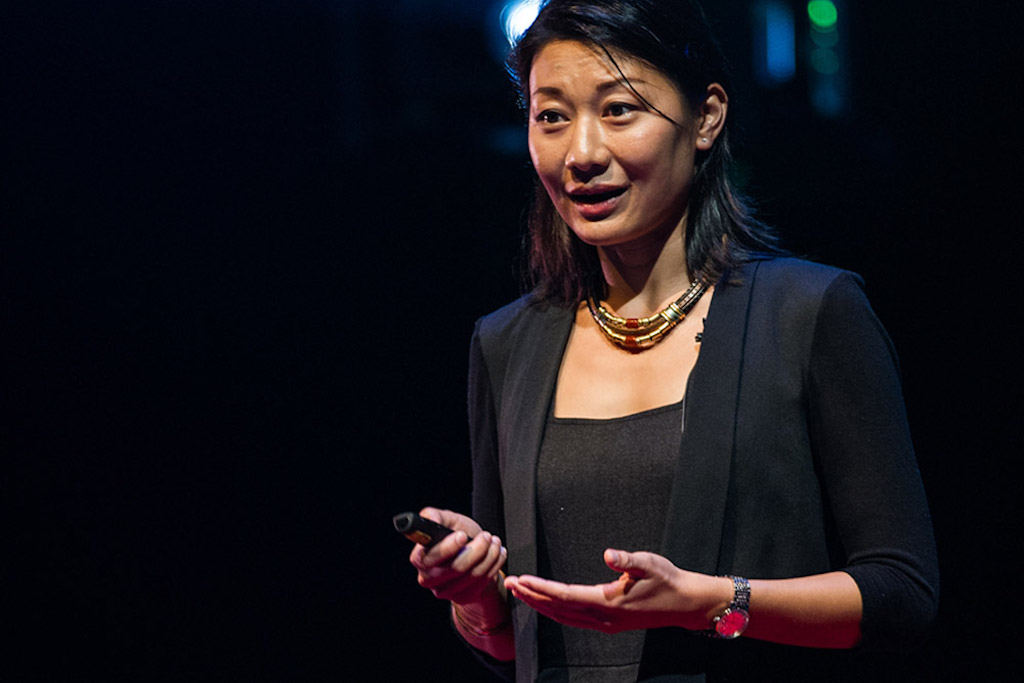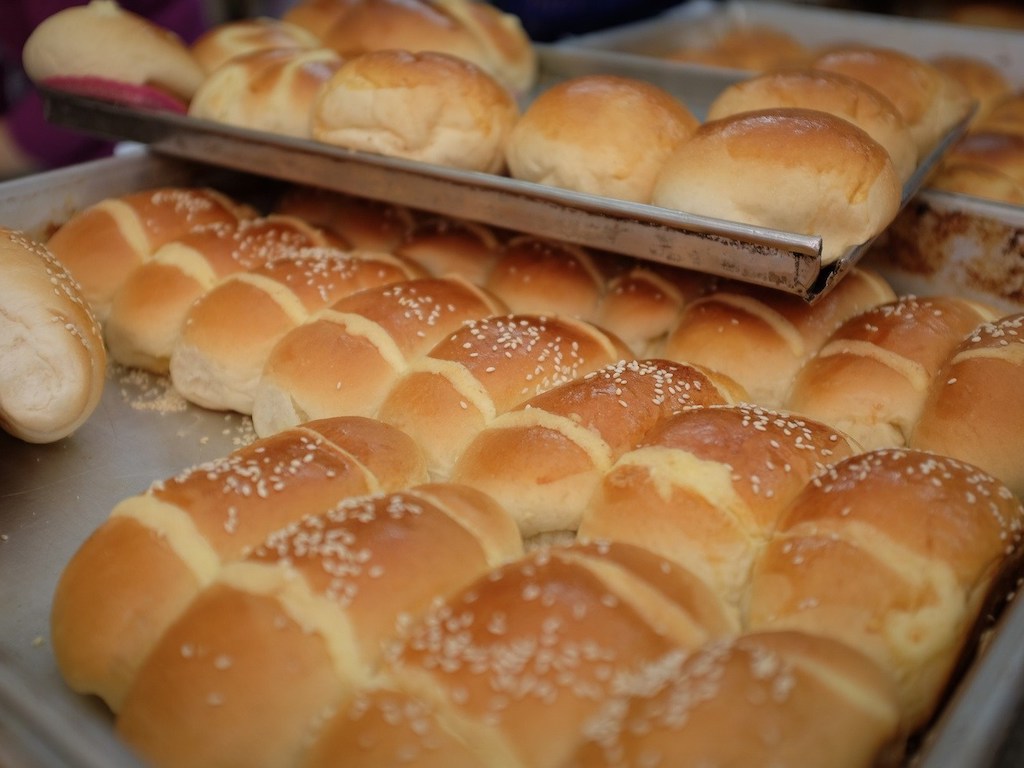4 Mins Read
Recently launched web app Breadline is helping to fight food waste in Hong Kong. Users can use the app to track where leftover loaves and baked goods are, which they can then collect and bring to a designated charity for those in need. Launched by Baptist University assistant professor and Hong Kong food waste expert Daisy Tam, who won a Fulbright scholarship to develop Breadline, the app connects volunteers and bakeries across the city, facilitating the donation of thousands of loaves of bread a week.
Created by Tam in 2019, Breadline is an app that seeks to address the issue of food waste in the city. Launched under her platform HK FoodWorks, a research organisation dedicated to discuss Hong Kong’s food system by offering open source information on food production, distribution, consumption and waste disposal in the city, Breadline connects bakeries to volunteers who can collect leftover bread and help redistribute them to charities and people in need.
In its initial beta phase last year, the app attracted over 80 volunteers with 300 bakeries, facilitating the donation of over 1,000 loaves of bread each week. Now, with the app in full swing and available to the public, the platform will continue to redirect edible food that would otherwise be going to waste to under-privileged communities in the city.
The Breadline mission is “to give all old bread new life and demonstrate that with the right tools, we can achieve more with less,” explains Tam.

Read: Which diet creates the least amount of food waste?
While the entire world is faced with the challenge of food insecurity as the climate crisis continues to intensify and affect crop yields of many food staples, Hong Kong produces only 3% of the food it consumes, which makes the city particularly vulnerable to the problem. The lack of self-sufficiency when it comes to food supply hasn’t deterred food waste in the city, with 40% of the city’s food going in the trash to create an estimated 3,500 tonnes of food waste each day.
In addition to being a huge waste of resources while some people are malnourished, food waste also contributes to 10% of global carbon emissions. When it is landfilled and incinerated, food waste generates toxic methane that further exacerbates global heating.
As a whole, Asia is responsible for generating over 50% of the world’s food waste, and this figure is set to rise as the continent becomes richer, more urbanised and populated. The trend will undoubtedly have cascading impacts on global food security, health and the climate crisis.

Read: Singaporean startup Lumitics is fighting food waste in commercial kitchens
Despite the bleak outlook, research shows that if action is taken, we can reverse some of these impacts before it is too late. According to a previous study published in Nature Climate Change, rich countries and territories such as Hong Kong can take the lead – they found that if just 20% of advanced economies adopted a plant-based diet and eliminated food waste, it would lead to a significant reduction in global emissions.
Like Breadline, another app in Singapore called Makan Rescue is also committed to the cause of fighting food waste. Developed by a group of university students in the city-state, the app alerts users to free leftover food nearby that would otherwise be discarded. Users are also allowed to notify other people of nearby food at risk of being tossed out.
Local Hong Kong charity Feeding Hong Kong has also contributed to the cause by rescuing leftover food to provide over 7.3 million meals to Hong Kong’s hungriest, while social enterprise Dyelicious has diverted over 700 tonnes of food waste to make colourful dyes used in arts and crafts workshops in the city.
So what’s next for Breadline? “Our dream is to collaborate across organisations and retail chains, so that all surpluses can be delivered to those who can make good use of it,” shares Tam. “We need to make the most out of our resources, not only food, but also volunteers’ and NGO’s time and efforts.”
Lead image courtesy of Zolima City Mag.




